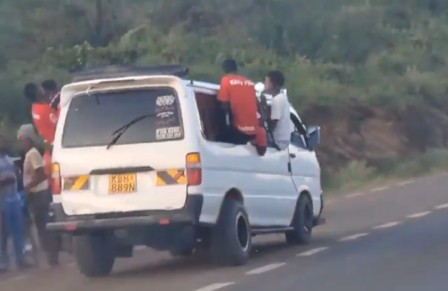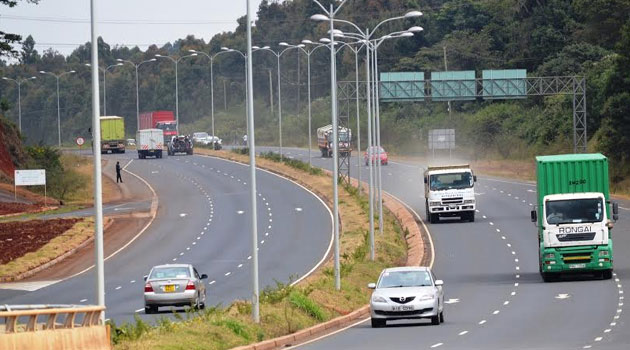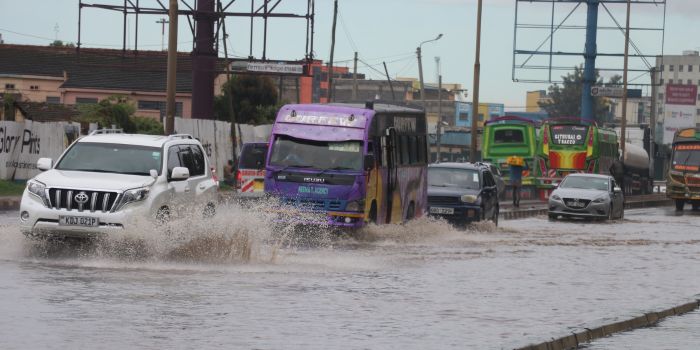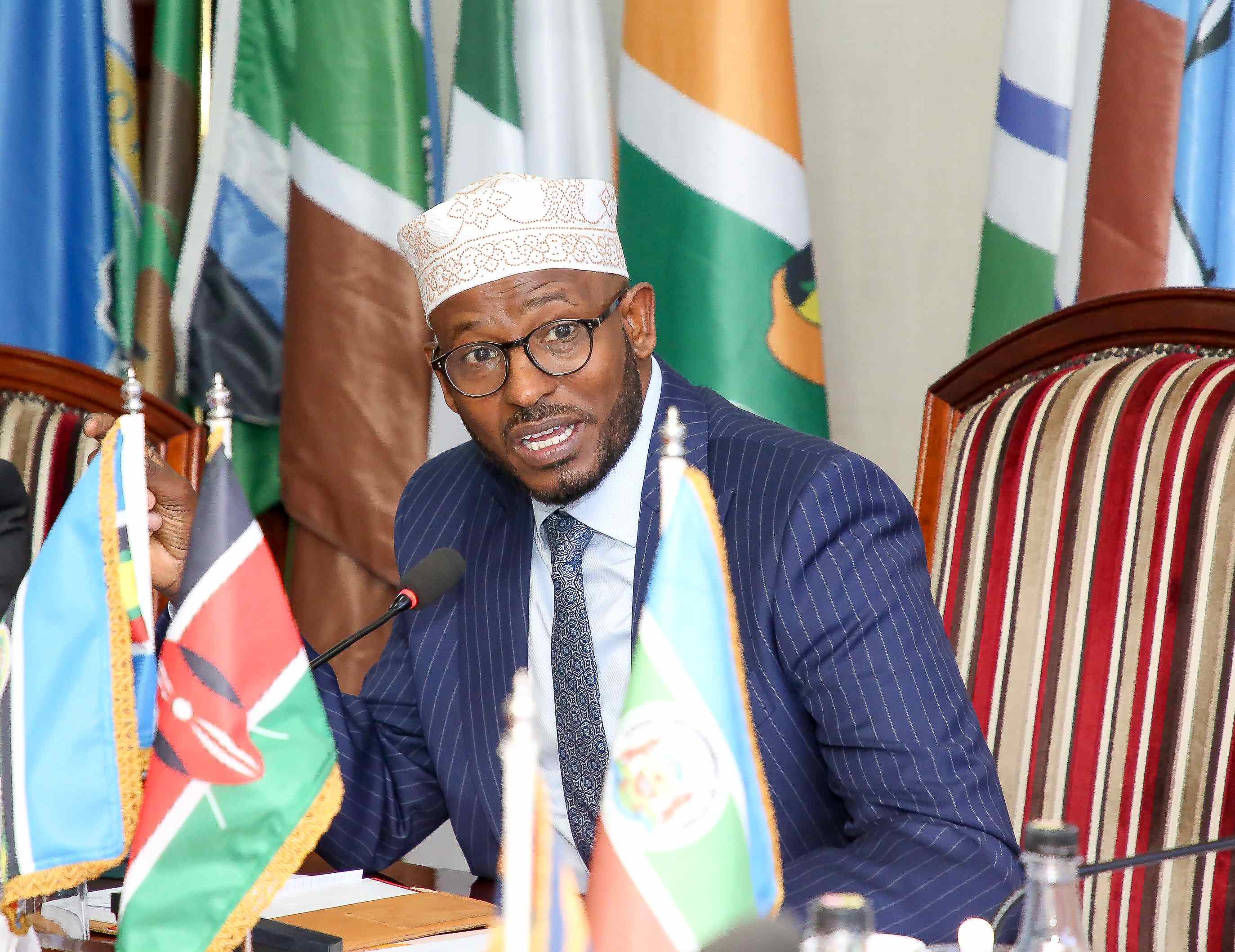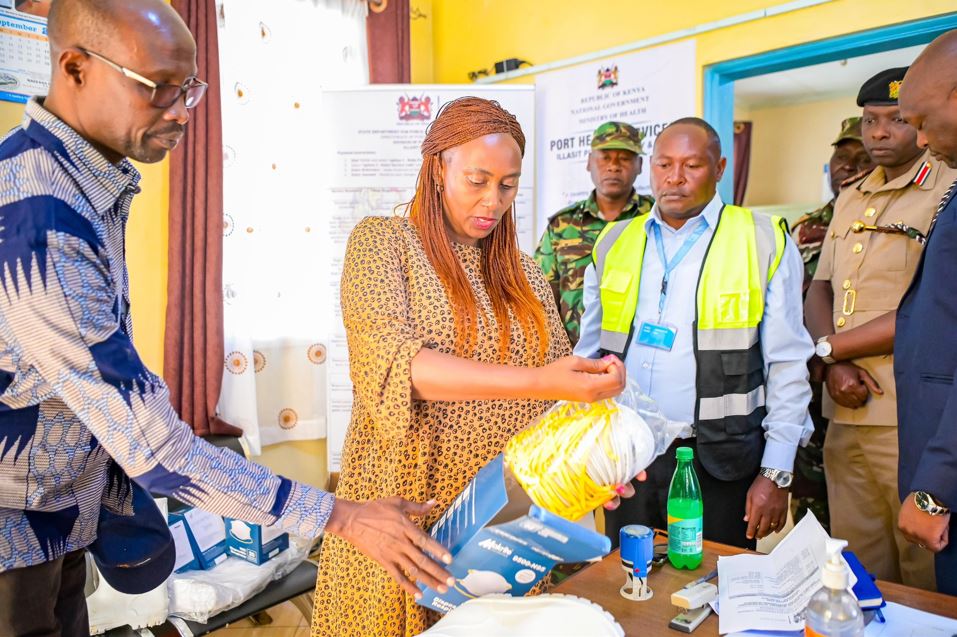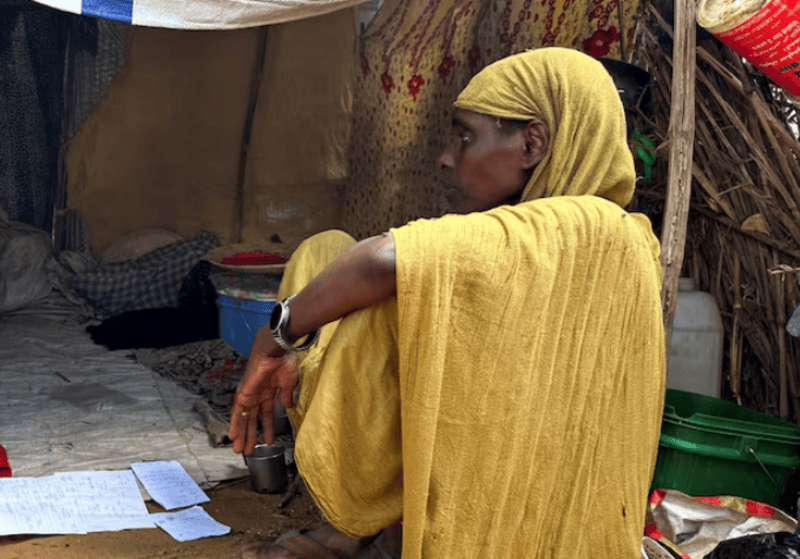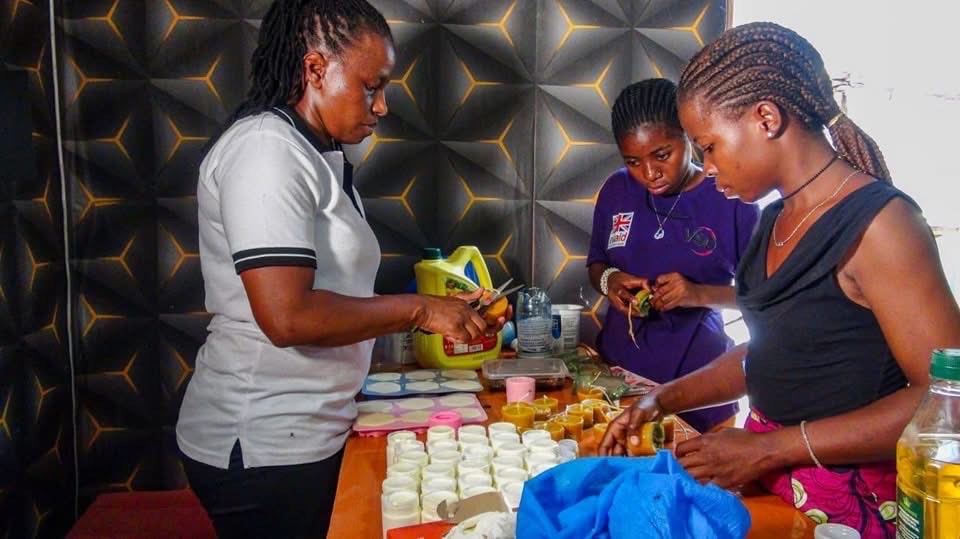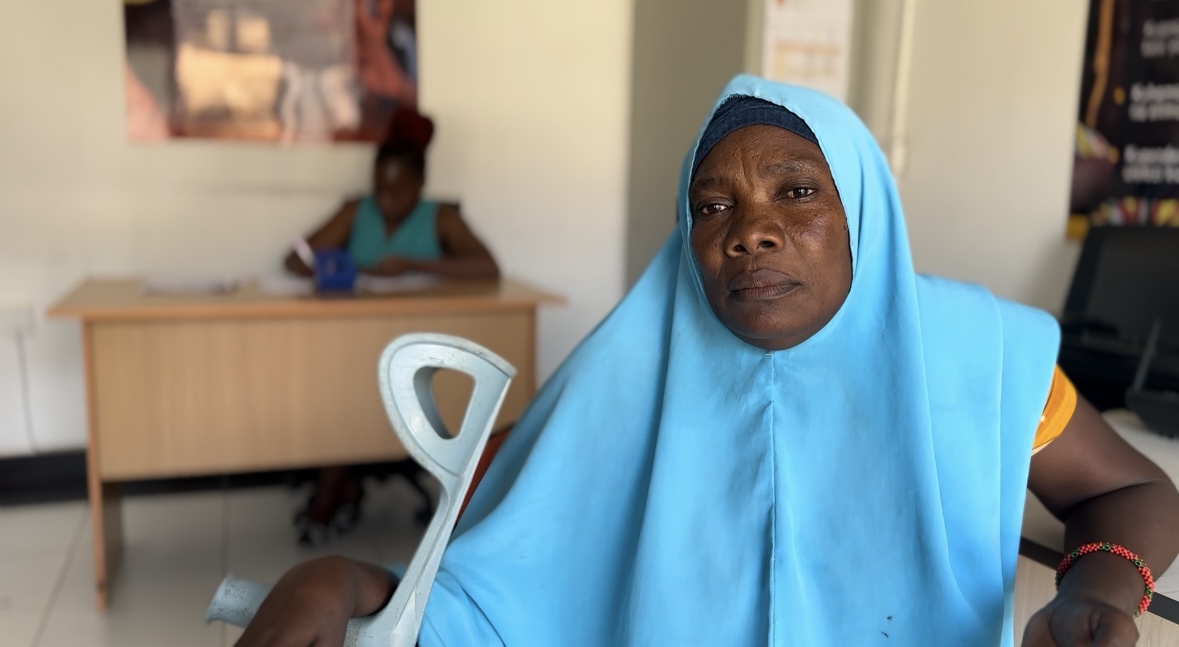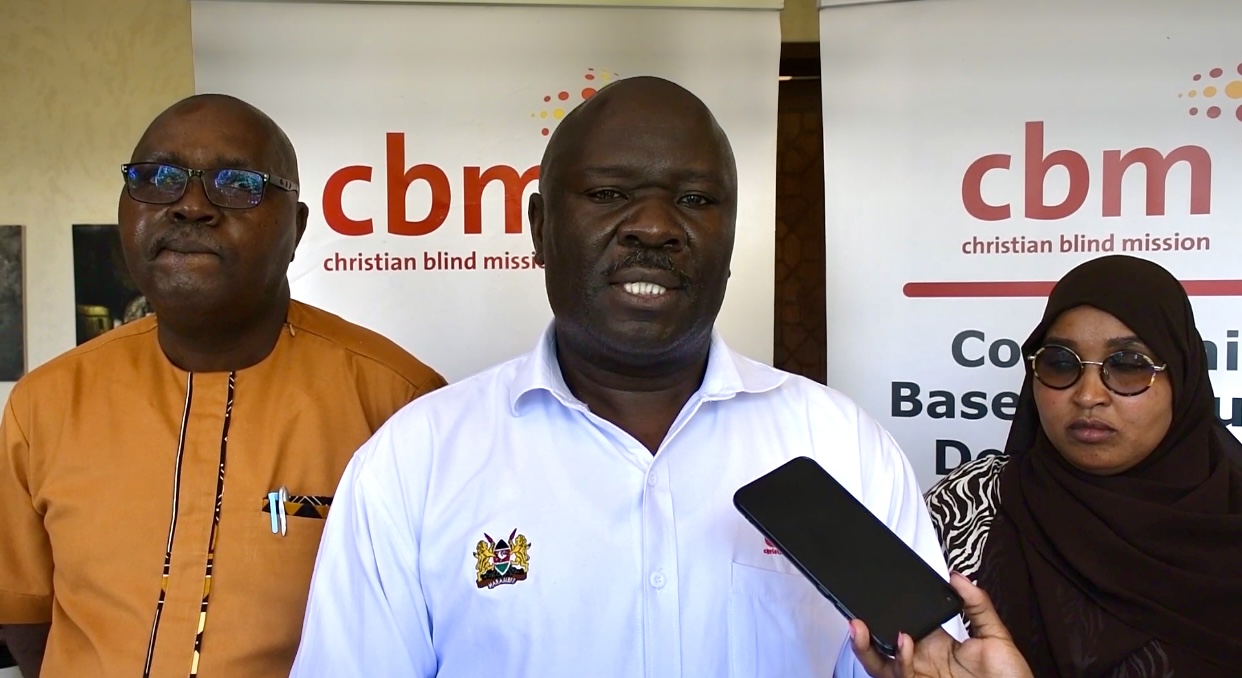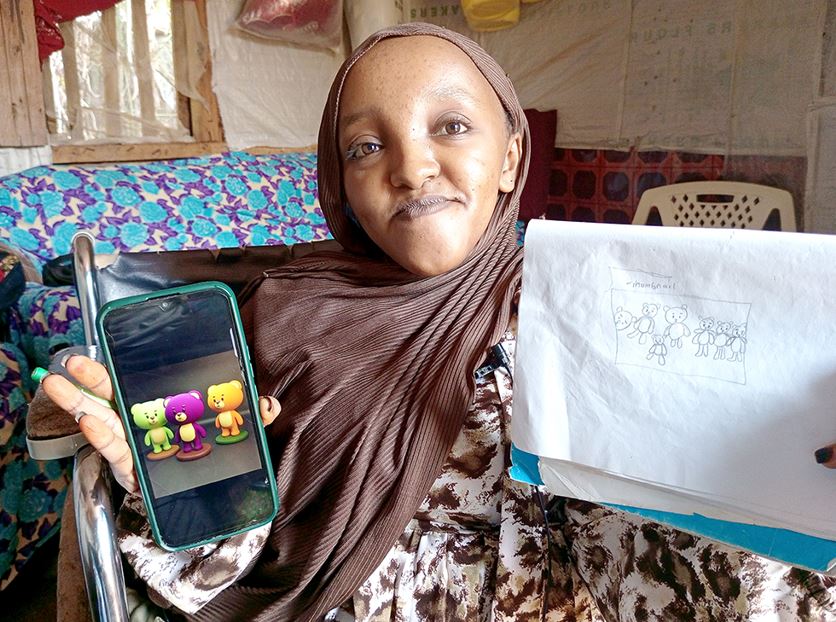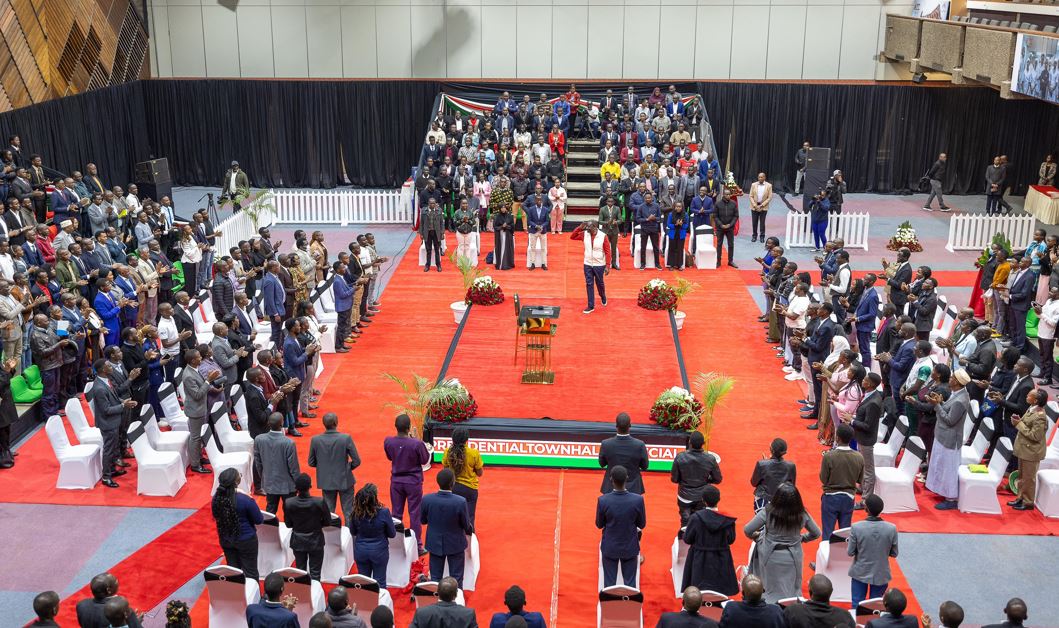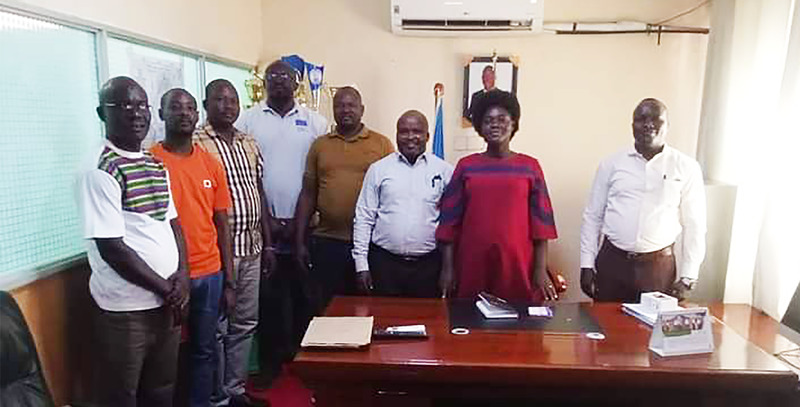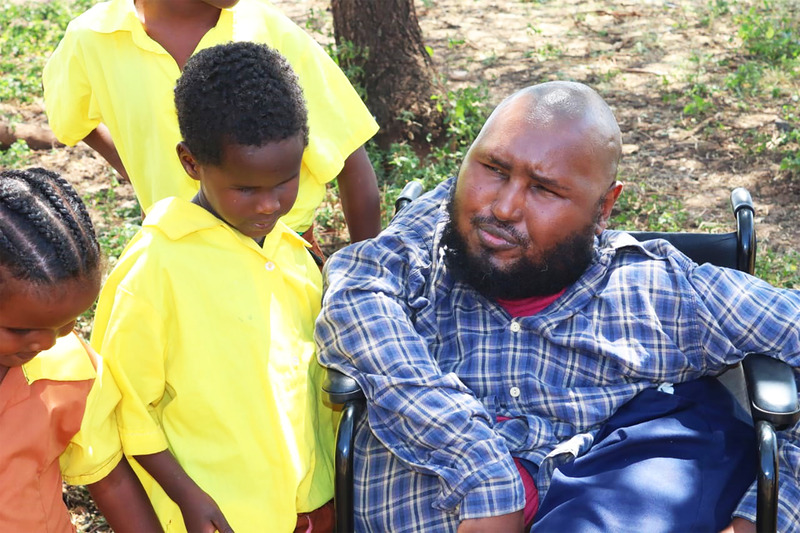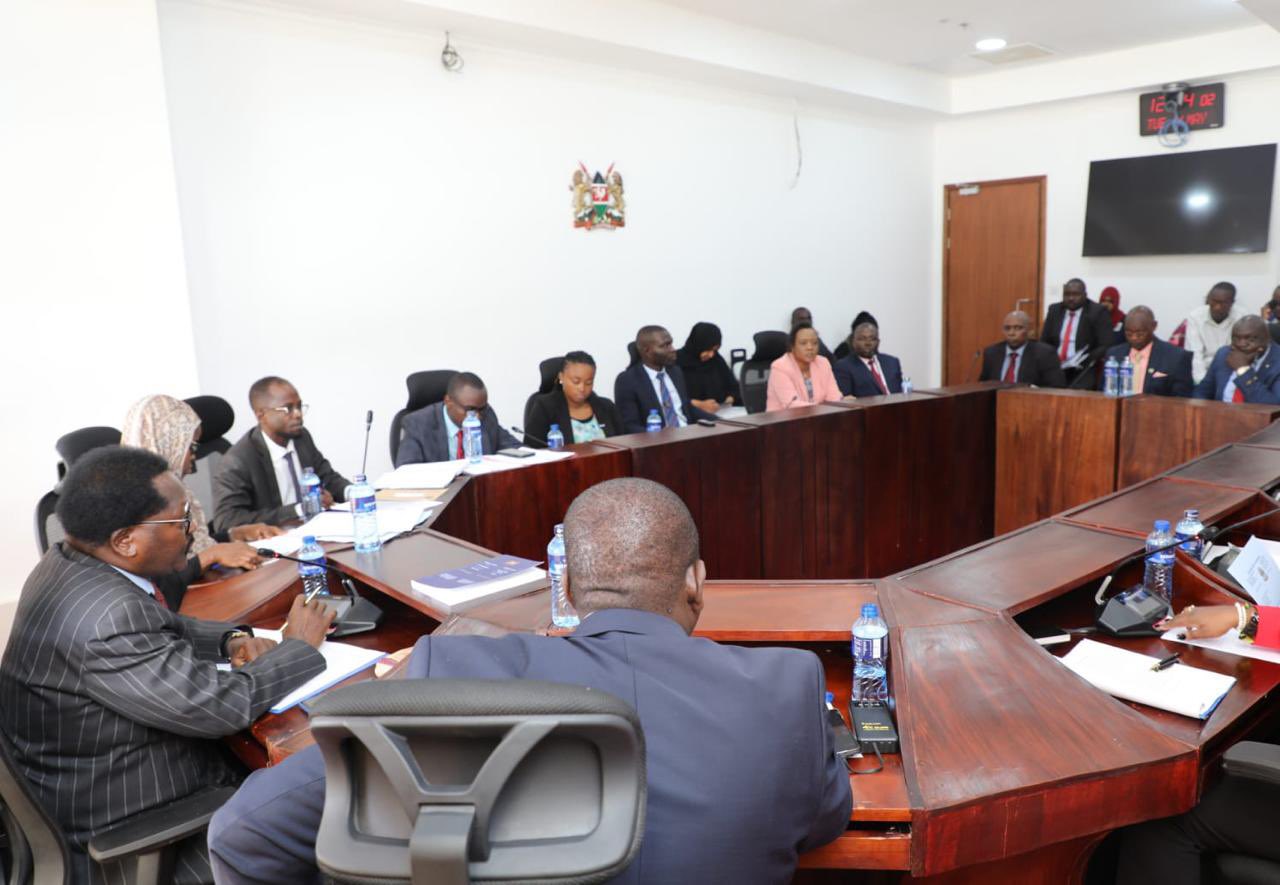Customised motorbikes transforming the lives of PWDs in Isiolo
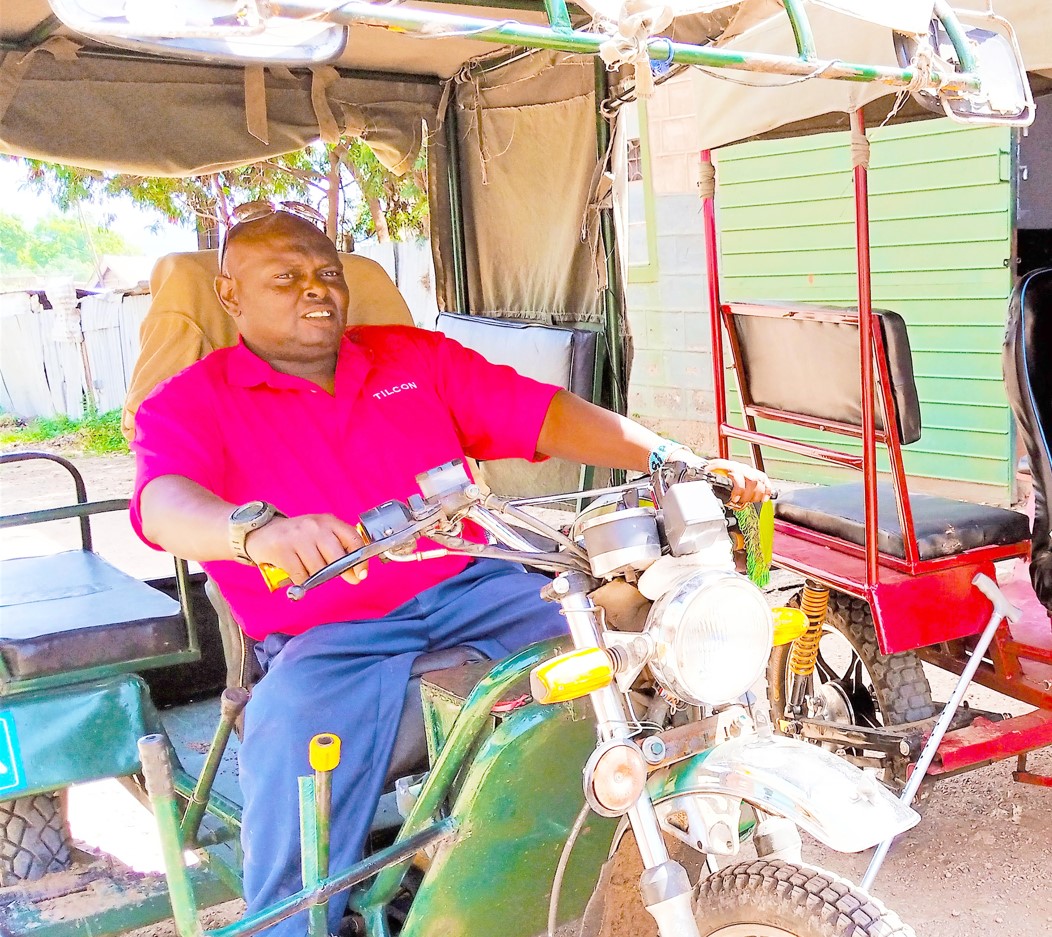
By Waweru Wairimu |
Abdi, a beneficiary, noted that a majority of the public offices, including that of the governor, lack PWD-friendly facilities.
Like in many parts of the country, marginalisation and discrimination against people living with disabilities (PWDs) in Isiolo County is not a new thing.
From limited access to opportunities and a lack of information, which perpetuates poverty, to under-representation in public service and limited access to financing, PWDs are among the most disadvantaged and vulnerable groups in the county.
Keep reading
- Women, Youth, PWDs secure Sh28.6 billion in state tenders
- Persons with disabilities significantly less included in financial access - report
- People with disabilities in Garissa demand inclusion, leadership roles on International Day
- Meshack Wekesa rises from albinism stigma to inspiring change through music
With no jobs, many of them resort to begging to fend for themselves and their families, suffering shame, ridicule, and stigma.
Abdi Wako from Bulapesa ward, who has a mobility-related disability, said their biggest challenge is hunger due to a lack of reliable sources of income as well as mistreatment.
But he is quick to reveal that residents are increasingly appreciating the challenges PWDs face and volunteering to assist them, with some of the interventions transforming the lives of the beneficiaries.
One such initiative is the provision of customised motorbikes with carriages for passengers at the back. Abdi is one of the beneficiaries of the initiative by a local philanthropist.
“He approached me after noticing the struggle I was going through while using a tricycle, especially as I navigated the busy Isiolo town while going to various public offices to look for a job,” Abdi told The Eastleigh Voice.
Before receiving the motorbike, Abdi struggled to sustain his children in school and fend for his family.
“I used to survive on debts, and my children spent most of the time at home due to fee arrears because I had no source of income,” he said.
At the time, he required a helper to scale and disembark from the tricycle, but most of the time he was forced to devise ways of doing it by himself.
His life was transformed three years ago after receiving the motorbike, which is entirely operated by hand.
Abdi runs a boda boda business as well as carrying luggage for local traders, a venture that earns him enough income to fend for his family, pay school fees and save. He makes between Sh500 and Sh1,000 on a good day and at least Sh300 when business is not good.
“The harassment I used to face from road users while using a tricycle is no more. Access to food is no longer a concern for my family,” Abdi said.
He said the motorbike has helped him cut on the transport costs he used to incur for his children, as he now drops and picks them up from school.
As a way of giving back to the community, Abdi and another beneficiary of a customised motorbike resolved to ferry children living with disabilities to and from Almasi Home in shifts, especially when the institution’s motorbike malfunctions.
“The gesture is a way of giving back to the community and a demonstration of the need to be compassionate to each other,” he told The Eastleigh Voice.
His colleague Joseph Muthee, who also has a customised motorbike worth about Sh200,000, said it has given him great relief.
“The fact that we can earn a little income is what gladdens my heart. Nobody loves begging. Helping PWDs dignifies their lives and makes them feel appreciated,” he said.
Besides carrying passengers, he also fetches water for residents in shortage-hit areas, earning more income.
Abdi and Muthee hailed the national government for considering their most vulnerable members for relief food but lamented that the provisions were not enough to sustain the families for long, calling for their inclusion in cash transfer programmes.
They lamented what they termed a lack of seriousness by the county government and other public offices in empowering PWDs.
Abdi said a majority of the public offices, including that of the governor, lack PWD-friendly facilities, making it practically impossible for them to easily access various services.
Delayed operationalisation of the Youth, Women and PWDs Act by the county government has also been blamed for the challenges PWDs face, as there are no clear guidelines on how the group could be empowered.
“We expected the governor to have considered PWDs when he recently distributed business start-up kits such as motorbikes, tuk-tuks and matatus to youths, but we were left out, compounding the woes we face,” Abdi said.
He said it would have been prudent for offices in storied buildings to have desks at the entrance where PWDs could be served.
He said discrimination and marginalisation of PWDs are hindering their active participation and inclusion on a range of issues of public concern.
“We want the gaps in information sharing addressed, members provided with the requisite support for improved lives as well as consideration during recruitment,” Muthee said.
Tailored interventions based on a person’s disability and their priorities would immensely contribute to their journey towards self-reliance and independence, they said.
Reader comments
Follow Us and Stay Connected!
We'd love for you to join our community and stay updated with our latest stories and updates. Follow us on our social media channels and be part of the conversation!
Let's stay connected and keep the dialogue going!

